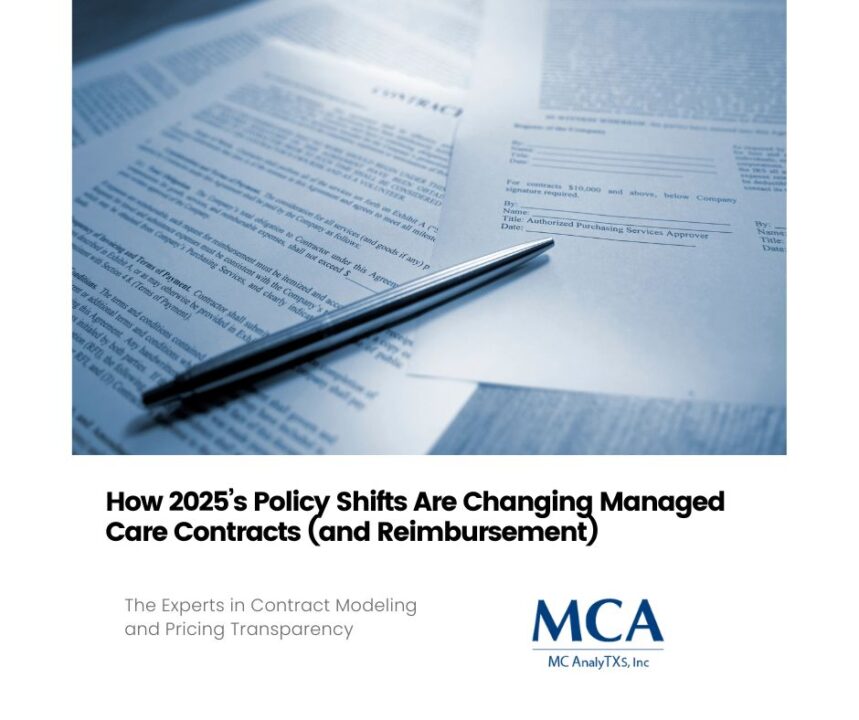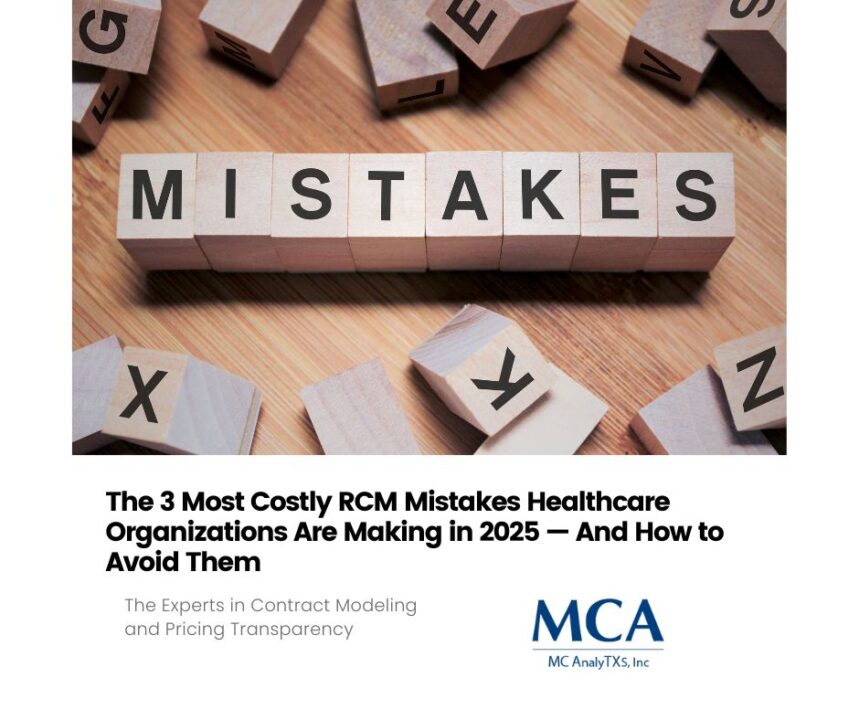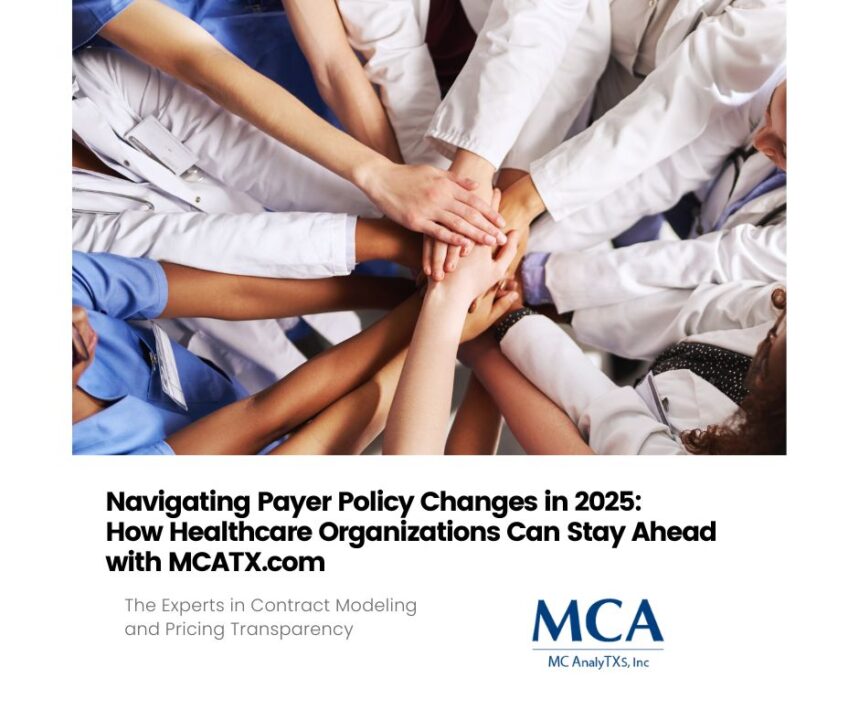
Understanding CMS Finalized Prior Authorization Rule
January 17, 2024
The Importance of Contract Modeling Experts in Healthcare
January 22, 2024In an ever-changing healthcare landscape, organizations must prepare themselves for revenue cycle management success. With the right strategies in place, your organization can improve cash flow and reduce costs. This article will provide healthcare leaders with practical tips and strategies to prepare their organizations for revenue cycle management success.
Optimize your revenue cycle management process: To achieve significant improvements in your revenue cycle process, you will need to define your process from the time that a patient contacts you until payment is received. Through this process, you will identify the areas of the process that are causing the biggest issues. From there, you can make process-level changes, such as automating workflows, improving patient access, and simplifying billing processes.
Invest in advanced technology solutions: Technology plays a major role in improving revenue cycle management. Advanced technologies like AI, machine learning, and robotic process automation can help automate labor-intensive tasks, manage and monitor revenue integrity, speed up the claims process, increase patient access, and capture accurate data for financial decisions.
Have a value-based care approach: Value-based care is a better approach for achieving higher levels of success for revenue cycle management. Focus on maximizing data analytics to optimize accountability and presentation power. This will allow you to identify which patients are at a higher risk of readmission, which patient demographics are necessary, and what are the most effective treatment plans.
Train and empower your workforce: Success in revenue cycle management requires highly skilled and motivated employees devoted to effectiveness and patient-centricity. Invest in regular training programs and educational resources that not only help staff meet essential CPT coding and changing regulatory demands but that also help them to think critically and have open communication.
Continuous improvement: For excellence in revenue cycle management, it’s important to review your performance continuously. Have regular feedback and monitoring processes in place that help you track data in your organization, review your outcomes, and drive toward the betterment of your process.
Conclusion:
Revenue cycle management is an ongoing challenge for healthcare organizations across the globe. But with lots of strategies discussed above, your organization will be well-prepared to embrace changes and keep up with evolving industry trends and regulations. With a strong team, efficient processes, advanced technology, and an ongoing commitment to improvement, your organization can continue to thrive in its revenue cycle management operations.
To learn more join our upcoming webinar Thursday, February 22nd at 1 pm CST.





